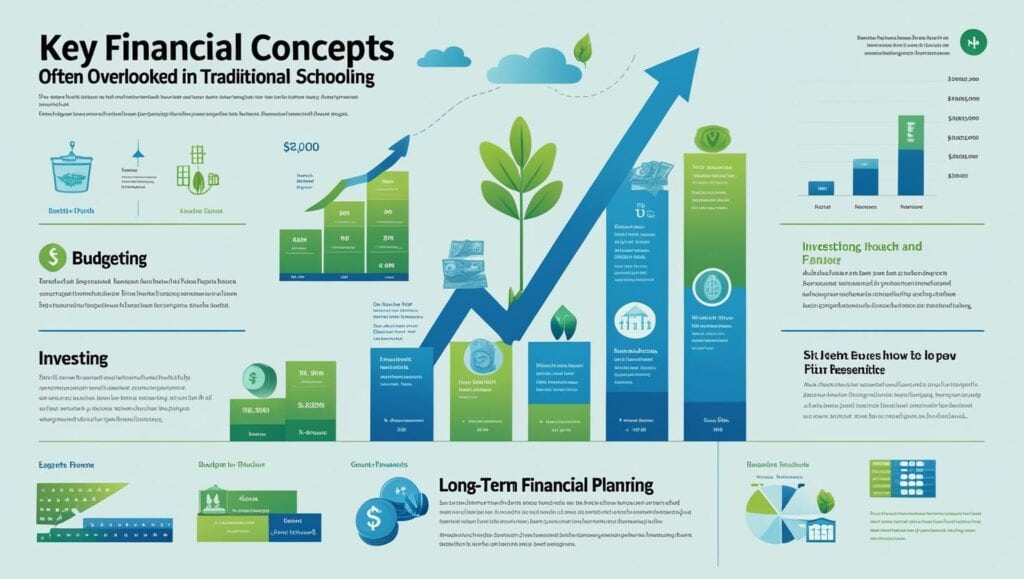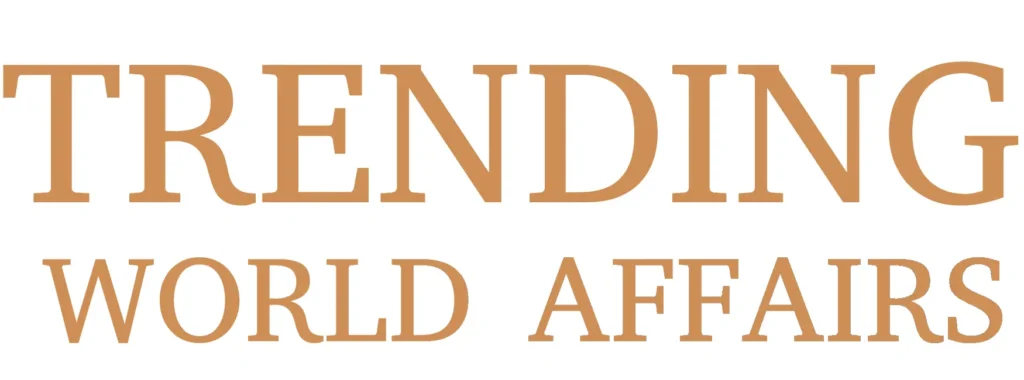Introduction
Schools teach us how to calculate mathematics and memorize historical dates, but they often leave out something far more important: the truth about money. Most traditional education systems fail to cover how money truly works, how to build wealth, and how to make smart financial decisions. As a result, many people are unprepared for real-world financial challenges.

The Unspoken Curriculum: Why Schools Avoid Discussing Money
Absence of Practical Financial Education Academic theory is frequently prioritized above real-world life skills in schools. Despite being crucial for maturity, budgeting, investing, taxes, and credit management are rarely stressed.
The Antiquated Method The majority of educational institutions were created for economies of the industrial age, teaching students to work as employees rather than as business owners or self-sufficient people. Myths and Attitudes Around Money Many people are raised with the misconception that money is limited, that investing is dangerous, or that only the wealthy can afford it. This hinders their ability to thrive financially.
What You Should Have Learned Instead.
How to Make an Effective Budget and Save Money The cornerstone of financial stability is knowing how to prioritize saving and control spending. Compound Interest’s Power Gaining knowledge of compound interest can help you increase your wealth over time, particularly if you invest for the long term. Comparing Good and Bad Debt Not all debt is harmful. It is uncommon for schools to teach students how to strategically use debt for investments or company.






